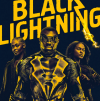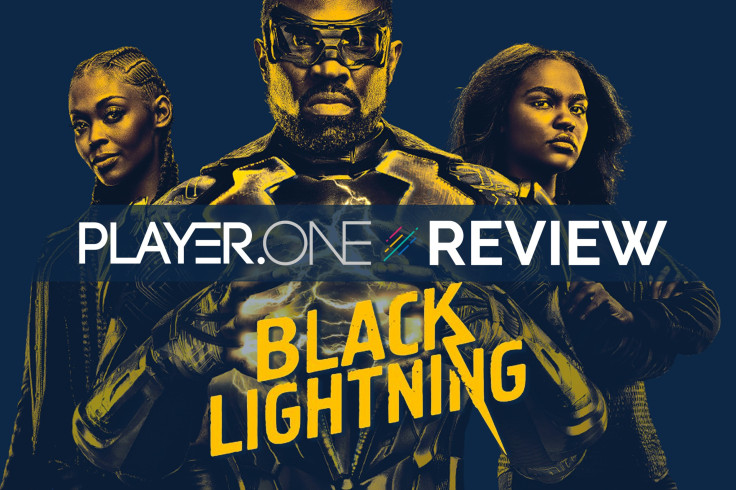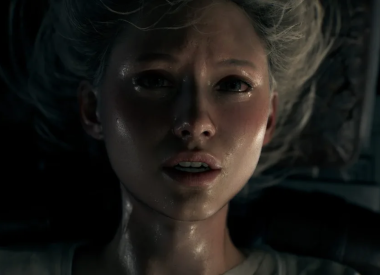Black Lightning is not stumbling upon the conversation of identity politics in America and it doesn’t take place in the world of the willfully blind. Jefferson Pierce is a man wholly concerned with taking care of his family, students and community. But in the face of adversity, he’s forced to use the special gift he’s been given. Some of that sounds ordinary, but Black Lightning separates itself from the rest of CW’s lineup by refusing to offer a full escape from reality. Jefferson Pierce is one of the most powerful heroes in the DC Universe, but there’s no even playing field in Freeland. He’s still Black.
The series dodges the reluctant hero trope in the very first episode: as a respected principal of Garfield High, Jefferson Pierce is already a hero. He’s aware of his impact on the community. The internal struggle stems from him having convinced himself he doesn’t need his powers to help the people he cares about, though he realizes after a nine-year hiatus Black Lightning is his purpose. Even if suiting up prevents him from reconciling with his ex-wife, Lynn, it means a better future for his daughters and students.
“Justice, like lightning, should ever appear to some men hope, to other men fear.”
Jefferson and Lynn’s relationship isn’t anything like we’ve seen on TV. They are divorced, yet do not loathe each other’s company. In fact, it's quite the contrary. In a perfect world, these two would be together. But Black Lightning doesn’t inhabit a perfect world and uses this dynamic to display appropriate relationship boundaries. In a world where more people are divorced than married, presenting a vision of a successful co-parenting situation is vital for a series that will attract a young audience. We also see how Jefferson and Lynn’s tumultuous yet healthy relationship affects their daughters, who both highly value themselves when it comes to interpersonal relationships on all levels, proving divorced parents can provide a stable foundation for their children.
That being said, the series does not shy away from showing the imperfections of its characters. One could see Lynn’s view of Black Lightning as selfish. Why would she not want her husband to help the world as much as he can? The youngest daughter, Jennifer, struggles with witnessing The 100 gang’s violence first-hand and turns to alcohol and marijuana to cope. Anissa is hesitant to fully commit to a long-term relationship with her girlfriend as she’s too busy with work, school and activism. And while Jefferson understands the role gangs play for survival in Freeland, he strives to find a way for gangs, the community, and police to live in harmony. When diplomacy doesn't work fast enough, he answers with violence.
Black Lighting ’s treatment of death shows a high level of emotional intelligence. In the first two episodes, many people die. But unlike most superhero shows, there are real, serious consequences. There’s no high fives or “Go Team.” These deaths are tragedies and aren’t marketed otherwise, even though they people killed are technically villains. While the series has a clear-cut antagonist in Tobias Whale, there’s an unspoken understanding that these characters do not want to be villains. They are just trying to survive in an unjust world, paralleling Jefferson Pierce’s own story.
Black Lightning’s vulnerability is what makes him the strongest hero DC Comics has brought to television. Writers Mara Brock and Salim Akil defy stereotypes of black masculinity and femininity, constructing characters who feel so grounded you could run into them at the grocery store. Beyond the first two episodes this review is based on, there’s room to explore how the worlds of the police, gangs and community collides within the characters of Inspector Henderson and Tobias Whale. These dynamic characters make Black Lightning one of the most the most truthful, culturally dense shows on network television.
- Standalone series
- Experienced hero
- Best acting on The CW
- Emotionally intelligent
- N/a



















